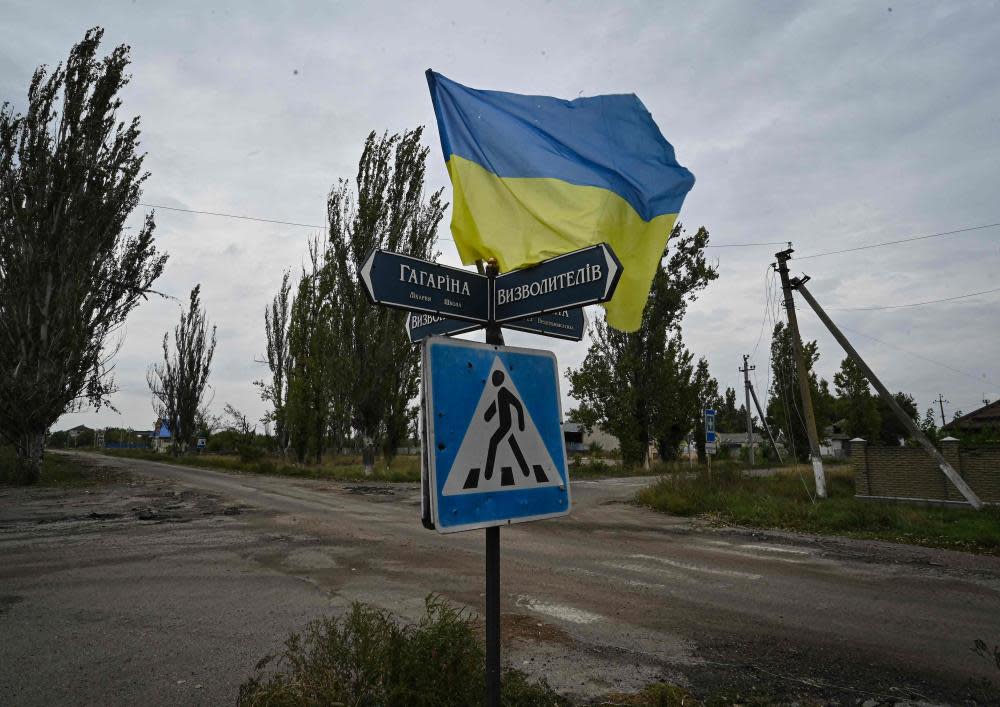Nuclear attack in Ukraine should spark ‘devastating’ Nato response, says Polish foreign minister

Poland’s foreign minister, Zbigniew Rau, has said Nato’s response to any use of nuclear weapons in Ukraine should be non-nuclear but “devastating”.
Speaking on a visit to Washington, Rau said the alliance was in the process of delivering that message to Moscow.
The Russian military debacle in Ukraine, where its forces are being pushed back in the east of the country, has increased concerns that a desperate Vladimir Putin could resort to using a nuclear weapon, possibly a lower-yield tactical warhead, in a bid to shock Ukraine into halting its resistance to his invasion.
Related: European leaders blame sabotage as gas pours into Baltic from Nord Stream pipelines
“To the best of our knowledge, Putin is threatening to use tactical nuclear weapons on Ukrainian soil, not to attack Nato, which means that Nato should respond in a conventional way,” Rau told the NBC News program Meet the Press. “But the response should be devastating. And I suppose this is the clear message that the Nato alliance is sending to Russia right now.”
The US national security adviser, Jake Sullivan, warned on Sunday that any nuclear use by the Kremlin would have “catastrophic consequences for Russia”, which had been “spelled out” in private conversations with Russian officials.
The Russian military has expanded conscription with the official aim of sending 300,000 more soldiers into Ukraine, though there are reports the real goal is considerably more. The mobilisation has triggered unrest and an exodus across Russia’s borders, particularly of draft-age men.
“Obviously, President Putin is losing the war in Ukraine,” Rau said. “So his reaction to it is to launch mobilisation. But the mobilisation doesn’t seem to help him win the war.”
The Polish foreign minister said Ukraine’s armed forces had already defeated Russia’s professional soldiers, so the new conscripts who were “poorly trained and poorly equipped” were unlikely to change the course of the war.
Rau said that if the mobilisation did lead to a breakthrough, it would be in Russian public opinion.
“So far, the war was popular, at least for the majority of the Russian population, up to 80%,” he said. “And now, every Russian family will have to take their own position towards the war, knowing that their loved ones can be sent there and they can be killed there.”
During his trip to Washington, Rau is not meeting any members of the Biden administration, but will see congressional leaders, Sullivan’s predecessor as national security adviser, John Bolton, and will visit a new museum in the US capital dedicated to the victims of communism.

 Yahoo Movies
Yahoo Movies 
